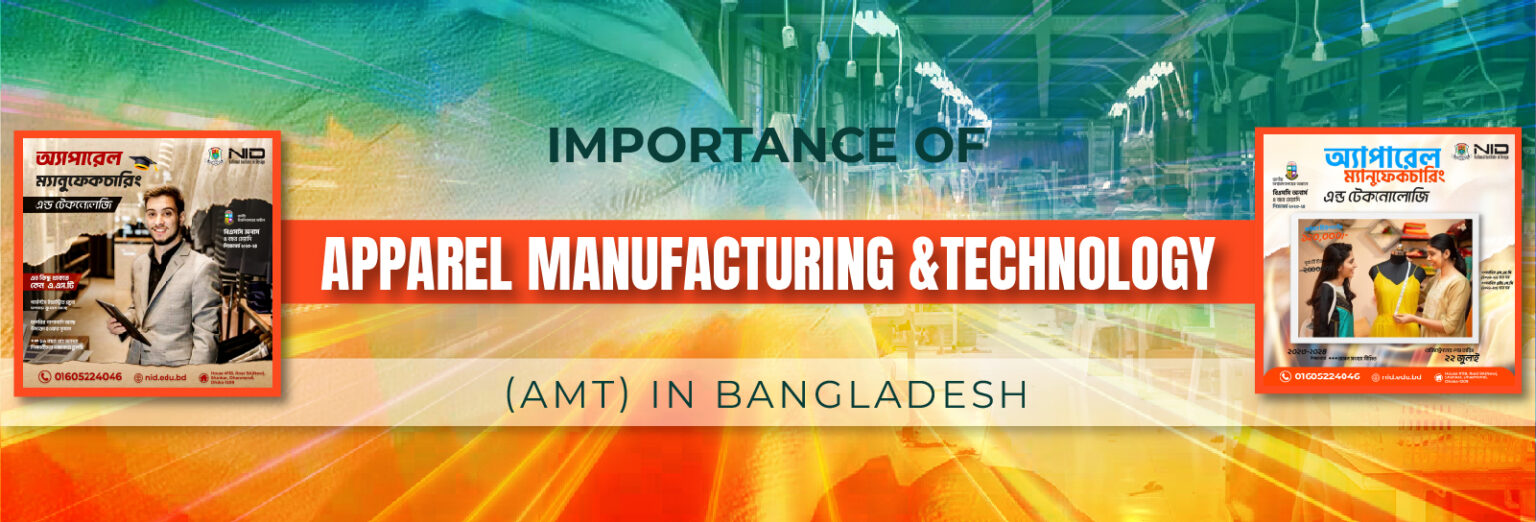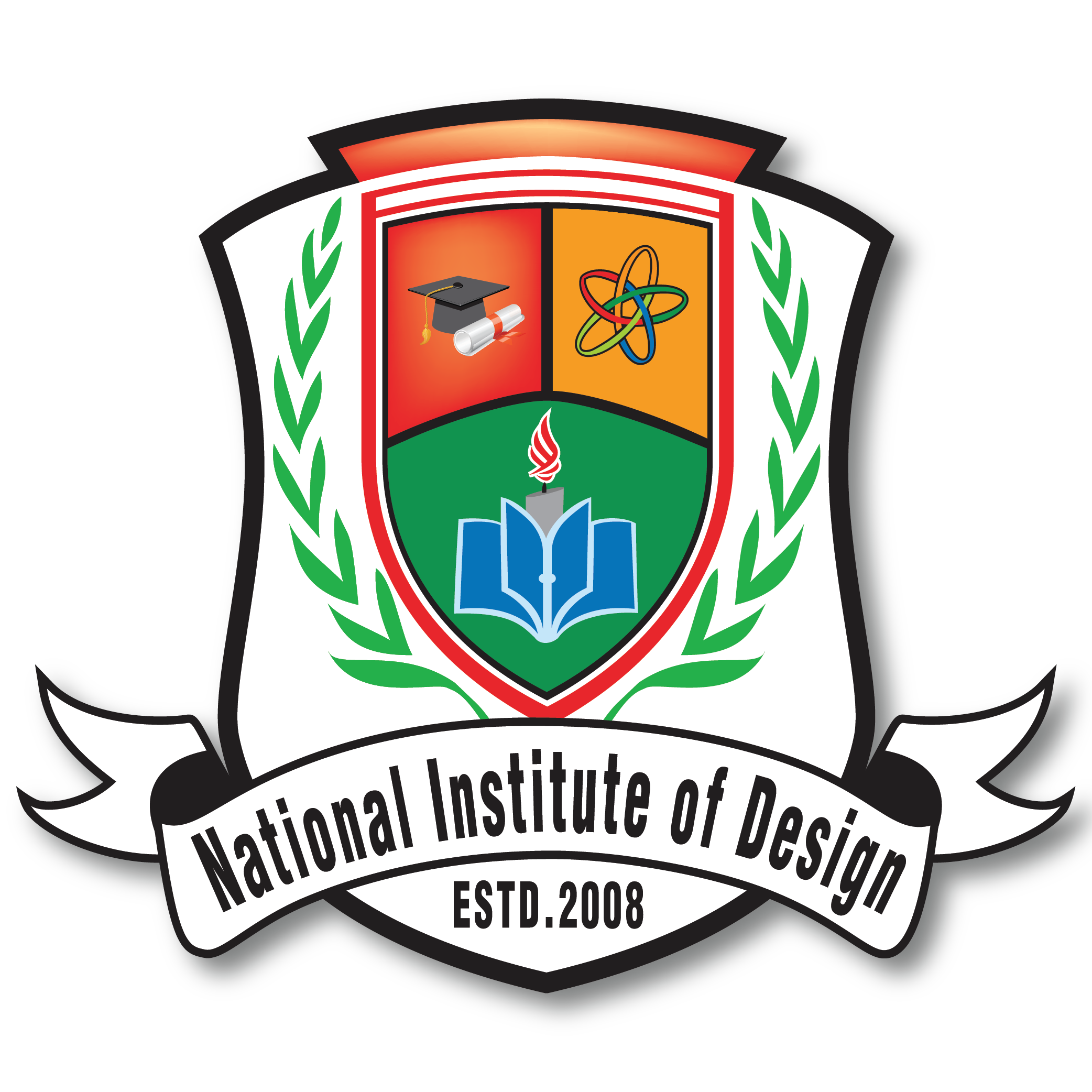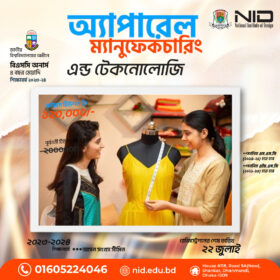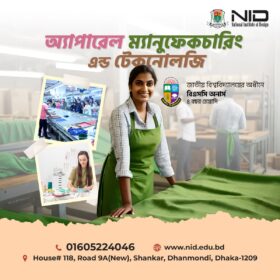
Here’s the revised version with more emojis:
The apparel manufacturing and technology sector in Bangladesh offers a wide range of career opportunities due to the country’s position as one of the largest garment exporters in the world. As the industry is vast and continues to evolve, there are various roles across different domains. Here are some key career areas within the sector:
Manufacturing and Production 🏭
Production Manager 👨🏭: Oversees production lines, ensures timely delivery, manages workforce, and maintains quality standards.
Factory Manager 🏢: Responsible for overall factory operations, including managing resources, staff, and ensuring compliance with safety standards.
Quality Control Inspector ✅: Ensures garments meet quality specifications and standards.
Supervisor/Line Leader 👩🏫: Manages day-to-day production activities, ensuring smooth operations on the shop floor.
Pattern Maker / Sample Maker ✂️: Creates initial samples and patterns for garments, ensuring designs are translated into production-ready models.
Technical and Engineering Roles ⚙️
Garment Technologist 👚: Works on optimizing the design and production processes, ensuring that garments meet customer requirements in terms of fit, function, and fabric.
Mechanical/Electrical Engineer ⚡: Maintains and troubleshoots machinery in production units, ensuring high efficiency and minimal downtime.
Industrial Engineer 🔧: Focuses on improving manufacturing processes by analyzing workflows and resource allocation for better productivity.
Design and Product Development 🎨
Fashion Designer 👗: Creates innovative garment designs, considering market trends, customer preferences, and practical production aspects.
Technical Designer 🧵: Works closely with the production team to ensure designs are manufacturable, addressing any technical challenges related to construction, fabric, and fitting.
Product Developer 📦: Oversees the development of a product from the conceptual phase through to final production, managing the timeline, material sourcing, and costing.
Supply Chain and Logistics 🚚
Logistics Manager 🚚: Ensures timely delivery of raw materials to factories and finished products to clients, optimizing transportation and warehouse management.
Supply Chain Coordinator 🏪: Manages the movement of goods, ensuring smooth procurement, production, and distribution of garments.
Warehouse Manager 📦: Oversees inventory management and distribution of materials and finished products.
Management and Administration 📊
Operations Manager 📈: Manages day-to-day operations in a factory, optimizing processes and improving efficiency.
HR Manager 💼: Handles recruitment, training, and workforce management, ensuring labor laws are followed.
Finance and Accounts Manager 💰: Oversees the financial aspects, including budgeting, accounting, and cost management.
Compliance Officer ⚖️: Ensures the company adheres to local and international standards, including labor laws, environmental regulations, and ethical sourcing.
Sales and Marketing 📣
Sales Executive/Manager 💼: Focuses on acquiring new clients, managing relationships with existing clients, and meeting sales targets.
Marketing Manager 📢: Develops strategies to promote the company’s products and brand, including digital marketing and participation in trade shows and fairs.
Merchandiser 🛍️: Acts as a liaison between buyers and the production team, ensuring that the right products are made according to specifications, quality, and delivery timelines.
Sustainability and Innovation 🌍
Sustainability Manager 🌱: Focuses on making production processes more environmentally friendly, ensuring compliance with green standards, and promoting ethical practices.
Research and Development (R&D) 🔬: Develops innovative textiles, eco-friendly production methods, and cutting-edge garment technologies to stay competitive.
Information Technology (IT) and Digital Transformation 💻
IT Specialist 🖥️: Manages software and hardware that support the production, inventory, and financial systems.
Data Analyst 📊: Analyzes production data to identify trends and areas for improvement, optimizing efficiency and profitability.
ERP Systems Manager ⚙️: Manages the implementation and optimization of Enterprise Resource Planning (ERP) software for resource management.
Key Skills and Qualifications:
Technical Skills 🛠️: Knowledge of garment production processes, pattern making, textile technologies, machinery maintenance, and quality control.
Creative Skills 🎨: For roles in design and product development, creativity and a good sense of fashion are important.
Communication and Management 🗣️: Strong leadership, team management, and communication skills are essential for managerial roles.
Sustainability Knowledge 🌿: Awareness of sustainable practices in textile production, including waste reduction and eco-friendly materials.
Problem-Solving 🧠: Ability to address operational challenges, particularly in manufacturing processes or supply chain management.
Let me know if you want to add more emojis or details! 😊
Sure, you can share your own opinions for inspiring us so that we can bring top best content what you like actually
Wanna Get free consultancy
Our consultants & admission officers are ready to give you best consultancy.
***** Totally charge free consultancy
Click Here002: AMT job opportunity
If you’re looking for job opportunities in Apparel Manufacturing Technology (AMT) in Bangladesh, here are some avenues to explore:
Job Roles:
- Production Manager: Overseeing the manufacturing process and ensuring efficiency.
- Quality Control Inspector: Ensuring products meet specified quality standards.
- Merchandiser: Managing product development and liaising with clients.
- Pattern Maker: Creating patterns for garments based on design specifications.
- Technical Designer: Focusing on garment construction and fit.
Networking:
- Industry Events: Attend trade shows and exhibitions related to textiles and apparel.
- Professional Associations: Join organizations like the Bangladesh Garment Manufacturers and Exporters Association (BGMEA) for networking opportunities.
Tips for Job Applications:
- Tailor your resume to highlight relevant experience and skills.
- Prepare for interviews by familiarizing yourself with industry trends and company practices.
- Gaining practical experience through internships can significantly improve your employability.
003: Why did I choose AMT for my future career after completing H.S.C.?
Choosing Apparel Manufacturing Technology (AMT) as a career path after completing your Higher Secondary Certificate (H.S.C)can be motivated
by several compelling reasons:
005: If I complete my B.Sc. in AMT at NID, what are the best facilities, opportunity
and career supportive role for are there for my future?
Completing a B.Sc. (Hon’s) in Apparel Manufacturing Technology (AMT) at the National Institute of Design (NID) can provide you with numerous facilities, opportunities, and career support roles that can significantly enhance your future career.
- Access to modern labs and equipment for garment construction, and design software.
- Proficiency in design software (e.g., CAD), understanding of textile properties, and garment construction techniques.
- Development of communication, teamwork, and problem-solving skills essential for collaborative environments.
- Guidance on job search strategies, resume building, and interview preparation.
Potential Career Paths
1. Production Manager: Oversee manufacturing processes and optimize operations.
2. Quality Assurance Manager: Ensure product quality meets industry standards.
3. Fashion Merchandiser: Manage product selection and marketing strategies for brands.
4. Technical Designer: Focus on garment fit and construction, bridging design and production.
5. Sustainability Consultant: Advise companies on sustainable practices within the apparel industry.
By completing your degree at NID, you position yourself strongly for a successful career in the apparel industry, equipped with the knowledge and skills to thriv






